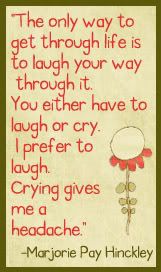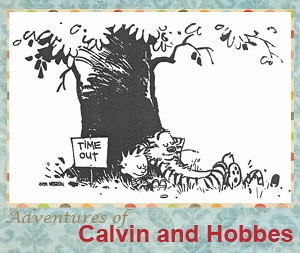Money can buy happiness, at least when you spend it on others. That's the conclusion of a study appearing in the March 21 issue of Science. It found that spending on others brings people greater satisfaction than buying things for themselves. What's more, most people seemed unaware of this hidden key to happiness, the researchers said. "It's tied to 'pro-social' spending," said Elizabeth Dunn, lead author of the study and assistant professor of psychology at the University of British Columbia in Vancouver, Canada . "Most research has looked at the relationship of how much people make and how happy they are," Dunn said. "We examined what they did with it. It's an obvious question but it hasn't been tackled."
Hikes in income can help boost happiness, but the effect is weak, prior studies have found. Research has also found that as the average income rises within a society, people's reported levels of happiness remain relatively static. So is there something people could be doing with their cash to boost their mental well-being? The authors looked at the question in three different ways. First they asked a nationally representative sample of 632 Americans (roughly equivalent between genders) to rate their happiness, report their annual income and estimate how much they spend on a typical month on different items, including gifts to others and donations to charity. Those who had more of this "pro-social" spending were also happier, the team found. Then they asked 16 employees to rate their happiness both before and after receiving profit-sharing from the company they worked for. Those who gave away more of their bonus in a pro-social manner were, again, happier and this was true no matter how little or how grand the bonus. Finally, 46 participants were given an envelope containing either $5 or $20 and asked to spend it that day. Individuals were randomly assigned to spend the money on personal items, or on a gift for someone else, including a charitable donation. Those who spent their money on others reported greater "post-windfall" happiness than those who were looking out for themselves.
Still, most people spend more money on themselves than others (partly understandable given the influx of bills most households experience), but the authors suggest that as little as $5 may be enough to reap a happiness dividend. "Reaching out and doing things for other people allow you to kind of create a community," said Dr. Alan Manevitz, a clinical psychiatrist at New York-Presbyterian Hospital/Weill Cornell Medical Center in New York City . "Social networks, we know, make people happier. It's all about creating social networks and community ties and having a sense of self that you feel is worthwhile so money therefore can be used in service of that." And money is just one resource that can be used to that end, Dunn said. "All kinds of resources may be beneficial for our well-being," she added.
By Amanda Gardner
Hikes in income can help boost happiness, but the effect is weak, prior studies have found. Research has also found that as the average income rises within a society, people's reported levels of happiness remain relatively static. So is there something people could be doing with their cash to boost their mental well-being? The authors looked at the question in three different ways. First they asked a nationally representative sample of 632 Americans (roughly equivalent between genders) to rate their happiness, report their annual income and estimate how much they spend on a typical month on different items, including gifts to others and donations to charity. Those who had more of this "pro-social" spending were also happier, the team found. Then they asked 16 employees to rate their happiness both before and after receiving profit-sharing from the company they worked for. Those who gave away more of their bonus in a pro-social manner were, again, happier and this was true no matter how little or how grand the bonus. Finally, 46 participants were given an envelope containing either $5 or $20 and asked to spend it that day. Individuals were randomly assigned to spend the money on personal items, or on a gift for someone else, including a charitable donation. Those who spent their money on others reported greater "post-windfall" happiness than those who were looking out for themselves.
Still, most people spend more money on themselves than others (partly understandable given the influx of bills most households experience), but the authors suggest that as little as $5 may be enough to reap a happiness dividend. "Reaching out and doing things for other people allow you to kind of create a community," said Dr. Alan Manevitz, a clinical psychiatrist at New York-Presbyterian Hospital/Weill Cornell Medical Center in New York City . "Social networks, we know, make people happier. It's all about creating social networks and community ties and having a sense of self that you feel is worthwhile so money therefore can be used in service of that." And money is just one resource that can be used to that end, Dunn said. "All kinds of resources may be beneficial for our well-being," she added.
By Amanda Gardner
"Thus, as for him who gives [to others] and is conscious of God, and believes in the truth of the ultimate good, for him shall We make easy the path towards [ultimate] ease”.
(Holy Quran 92:5-7)


















No comments:
Post a Comment